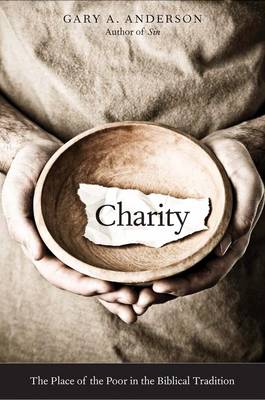A leading biblical scholar places charity back at the heart of the Judeo-Christian tradition, arguing for its biblical roots It has long been acknowledged that Jews and Christians distinguished themselves through charity to the poor. Though ancient Greeks and Romans were also generous, they funded theaters and baths rather than poorhouses and orphanages. How might we explain this difference? In this significant reappraisal of charity in the biblical tradition, Gary Anderson argues that the poor constituted the privileged place where Jews and Christians met God. Though concerns for social justice were not unknown to early Jews and Christians, the poor achieved the importance they did primarily because they were thought to be "living altars," a place to make a sacrifice, a loan to God that he, as the ultimate guarantor, could be trusted to repay in turn. Contrary to the assertions of Reformation and modern critiques, belief in a heavenly treasury was not just about self-interest. Sifting through biblical and postbiblical texts, Anderson shows how charity affirms the goodness of the created order; the world was created through charity and therefore rewards it.
- ISBN10 0300181337
- ISBN13 9780300181333
- Publish Date 3 September 2013 (first published 1 January 2013)
- Publish Status Unknown
- Out of Print 21 July 2016
- Publish Country US
- Imprint Yale University Press
- Format Hardcover
- Pages 232
- Language English
